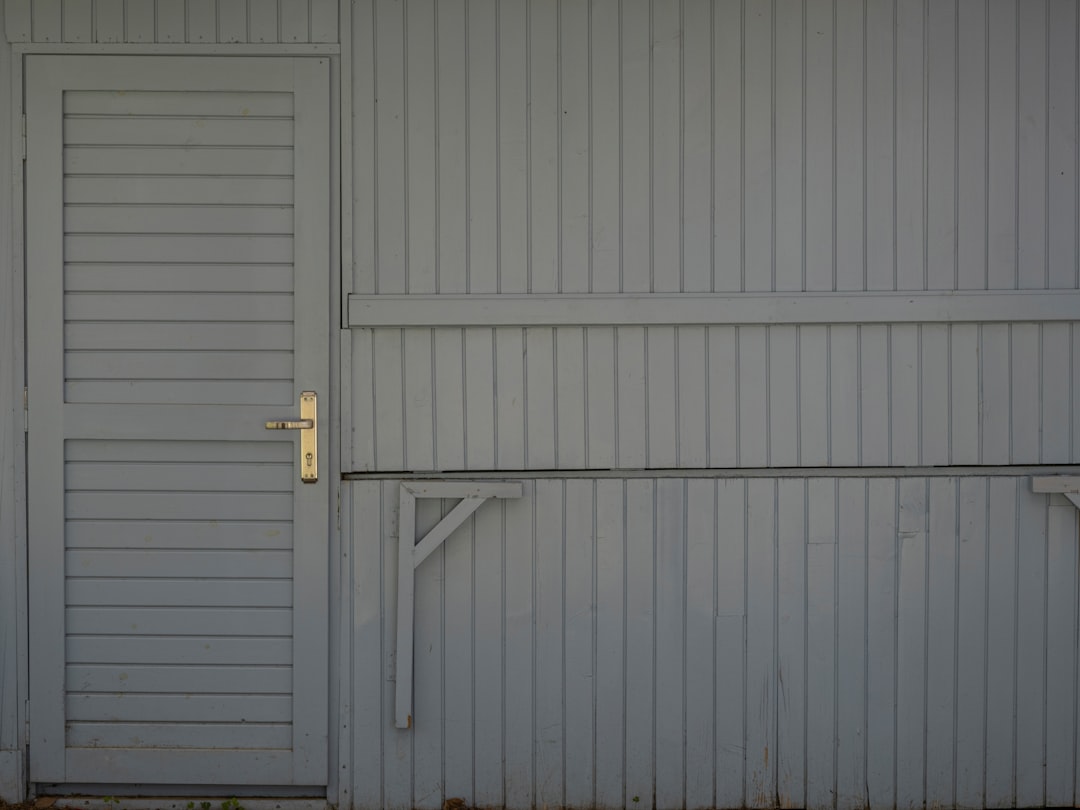
For construction trade professionals, accurately estimating the cost of installing a garage door opener is crucial. Costs can range from $218–$540 per installation, depending on factors such as opener horsepower, drive style, and necessary electrical upgrades. This guide provides a detailed breakdown of the costs involved and how to avoid overestimating, ensuring your projects remain profitable.
In the Phoenix area, installation costs for a two-car garage typically range from $218–$540. This variation is due to differences in opener horsepower, drive style, ceiling height, and electrical requirements. CountBricks provides real-time material pricing from local suppliers, ensuring your estimates are always current.
• Opener type: Chain, belt, screw, or direct drive affect price and labor time
• Horsepower rating: Heavier doors may require 1¼ HP units, increasing costs by 15-25%
• Smart features: Wi-Fi or battery backup can add $50–$300 per unit
• Electrical work: New outlets or circuits average $125–$250
• Structural adjustments: Low-headroom tracks or new brackets may require carpentry
Materials (55–65%)
• Opener unit, rails, wall console, remotes
• Mounting iron, angle stock, fasteners
• Safety sensors and wiring
Labor (35–45%)
• Removal of existing hardware
• Mounting and alignment of the opener
• Electrical hook-up and code compliance
• Testing, programming, and homeowner orientation
CountBricks.com uses voice-to-estimate AI to calculate costs as you describe site conditions. The platform cross-references local supplier databases and historical data to provide realistic allowances for labor and materials, delivering a printable quote instantly.
• Real-time material pricing from Phoenix distributors
• Labor rates aligned with Maricopa County wages
• Automatic inclusion of permit and inspection fees
• Instant PDF proposals with your company branding
1. Verify door balance and spring tension
2. Install ceiling mounting bracket and rail assembly
3. Hang opener, align with door centerline, tighten hardware
4. Run wiring to sensors and wall console
5. Connect power, program limits, set force settings
6. Sync remotes and integrate with smart-home app
7. Perform safety test and final walkthrough
• Purchase openers during manufacturer promotions
• Combine installations with other upgrades to save on trip charges
• Use CountBricks to identify scope gaps and avoid change orders
• Request preventive maintenance add-ons for longevity
• Does a new opener increase home value? Yes, it adds convenience and security.
• How long does installation take? Typically 3–4 hours.
• Do I need a permit? Electrical additions in Phoenix often require a permit; CountBricks includes these fees.
Visit CountBricks.com or start a voice session in the app for a detailed scope, cost breakdown, and professional PDF quote ready for client approval.

A Scottsdale homeowner wanted to replace a noisy chain-drive opener and add smartphone control. Using the CountBricks app, our estimator conducted a live voice walk-through:
1. Described existing 16-foot insulated steel door and ceiling height
2. Noted lack of a nearby GFCI outlet and need for a new junction box
3. Added the client's request for battery backup and LED lighting
Within seconds, the AI returned:
• 1¼ HP belt-drive opener with integrated Wi-Fi
• 12 feet of angle iron, lag screws, vibration isolators
• Electrical rough-in line item with permit fee
• Labor time: 3.5 hours at prevailing rate
Total estimate: $379. The homeowner received an email with a professional PDF while still in the garage, signed electronically, and the crew was scheduled for the next morning.
• Keep your phone's microphone close for accurate capture
• Mention regional preferences, like battery backup for monsoon outages
• Use upsell prompts to offer annual door tune-ups for recurring revenue
Ready to simplify your estimating workflow? Explore CountBricks.com and see how instant, AI-powered cost clarity wins more residential projects.